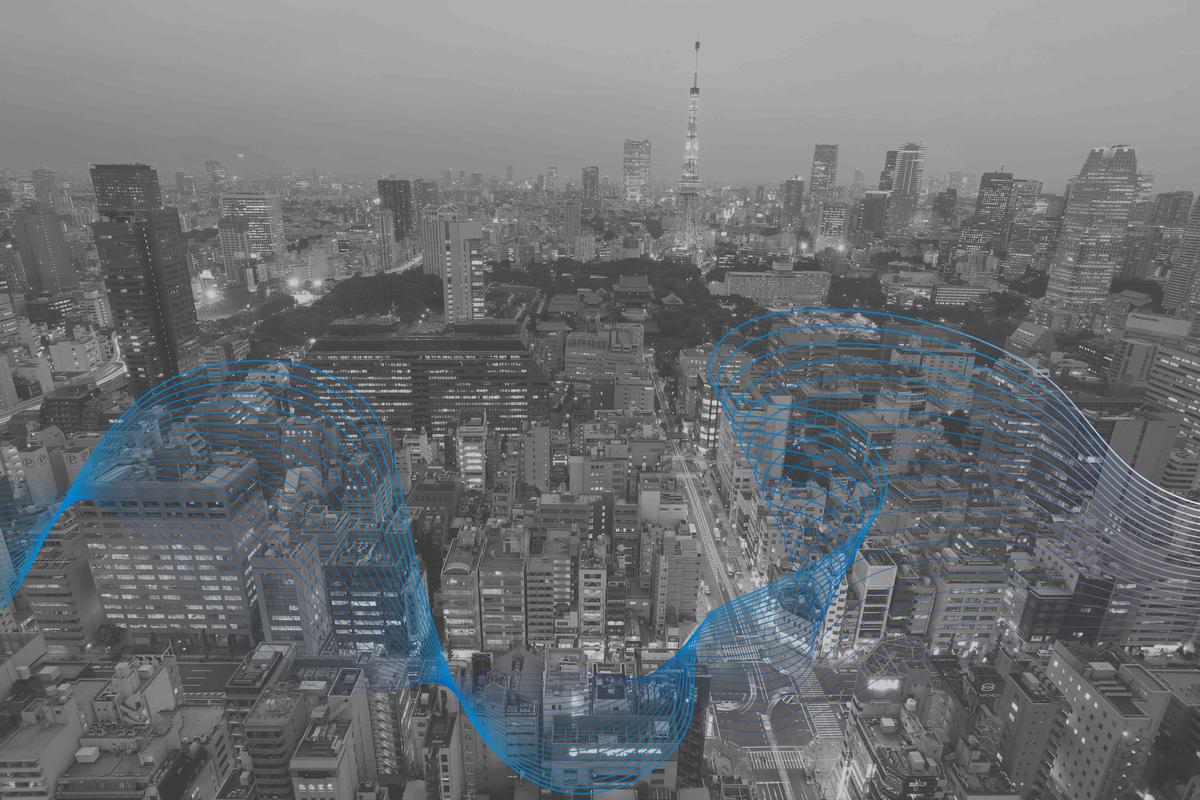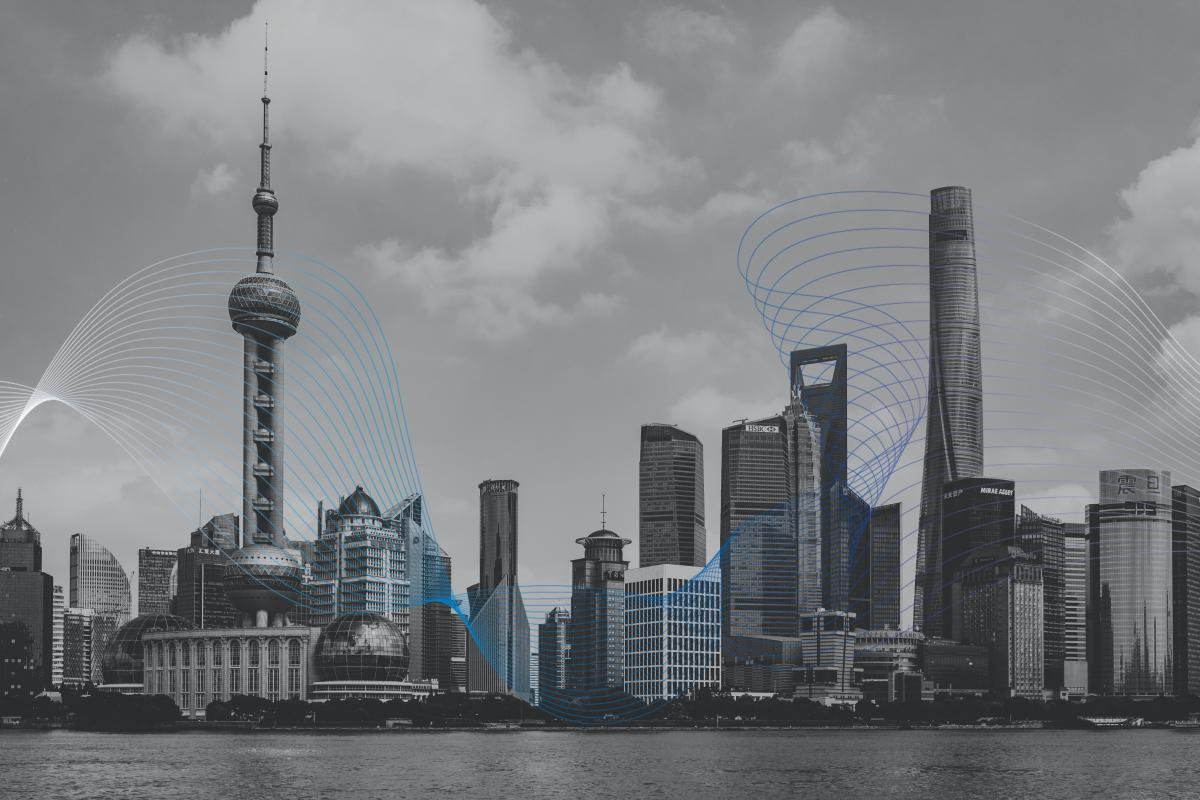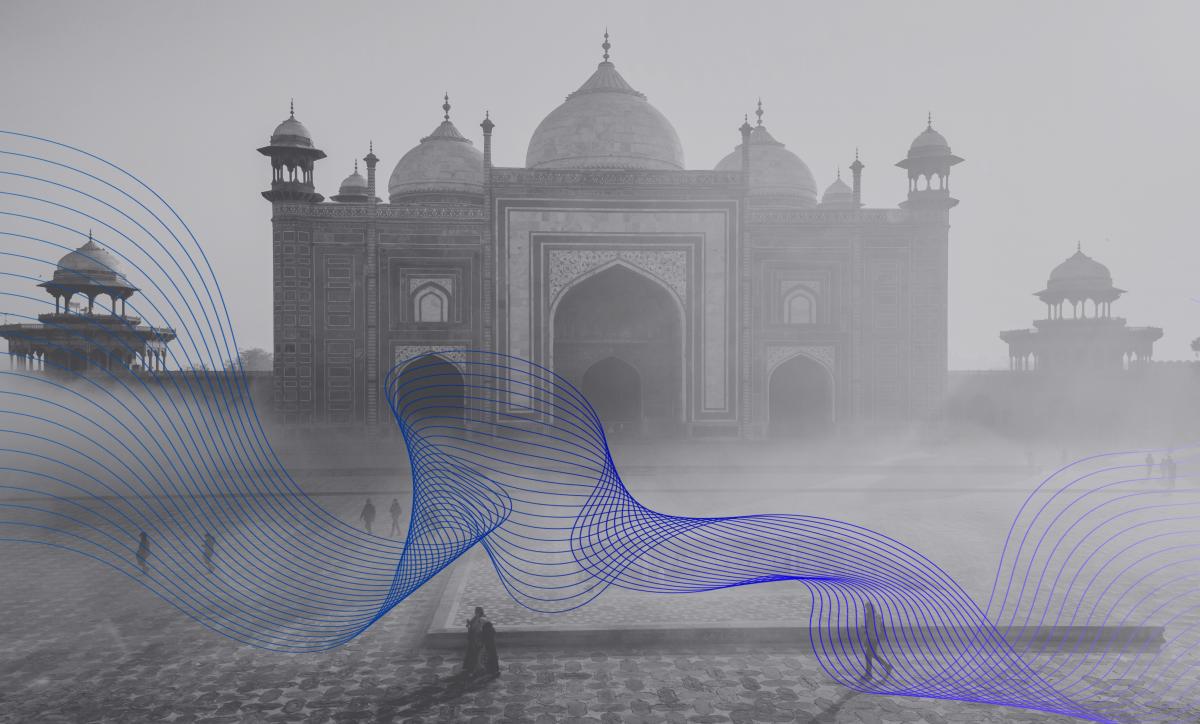For years, the Asia Pacific, Middle East and Africa (APACMEA) region has been home to some of the highest- and lowest-trusting countries surveyed by the Edelman Trust Barometer. This year, our trust results are no different, revealing both extreme trust gains and losses across the region.
As in 2017, the only “trusting” countries (a score of 60 or more on the Trust Index) among the general population are from APACMEA, this year led by China, Indonesia, India and UAE. APACMEA countries are also among the least trusting, with Japan, South Africa and Australia among the most “distrusting” countries (an Index score of less than 50) in the study. Looking at year-on-year change, China, South Korea and UAE were among the biggest shifts in their Trust Index scores, all seeing increases this year.
In previous years, we have typically seen yearly trust changes move in the same general direction. In 2017, 13 of the 28 markets studied saw an extreme trust decrease, with only two seeing extreme gains. This year, an equal number of countries saw extreme gains and losses. Of the six countries with extreme gains, four were from APACMEA (China, UAE, South Korea and Malaysia) while two experienced an extreme loss (India and South Africa). You do not have to look further than APACMEA to see the polarization of trust that is occurring across the globe.
This year, China rose to the top of the Trust Index, jumping seven points to 74 percent among the general population. In contrast, the United States saw an extreme drop in trust among the general population, falling nine points to 43 percent, dropping from eighth to 18th among the 28 countries studied. Trust in the institutions of business, government, media and NGOs all increased as well in China, particularly trust in government, which jumped eight points to 84 percent among the general population, and three points to 89 percent within the informed public — the highest recorded rating in the study’s history.
From both a domestic and international relations perspective, President Xi Jinping of China has had a phenomenal year. While solidifying his position of power within the country, he has taken on a new global leadership role, filling a void left by the United States in Asia. He has continued to address corruption within the Chinese government and advanced the economic mission of the country at home and abroad, notably through initiatives such as the Belt and Road Initiative. It comes as no surprise that while many countries around the world believe that government is the most broken of the four institutions, China disagrees.
When it comes to the institutions best positioned to lead each nation to a better future, nine of 11 APACMEA markets, including China, sees government as most likely to lead the country forward. Nevertheless, no institution can regain trust on its own. Business, government, media and NGOs have a role to play and must work together and with the people they collectively serve to increase trust in the country.
As seen in the United States and other parts of the world, trust should not be taken for granted. Building and maintaining trust is a cooperative effort that requires the commitment of all institutions.
Jesse Lin is CEO, Edelman APACMEA.







